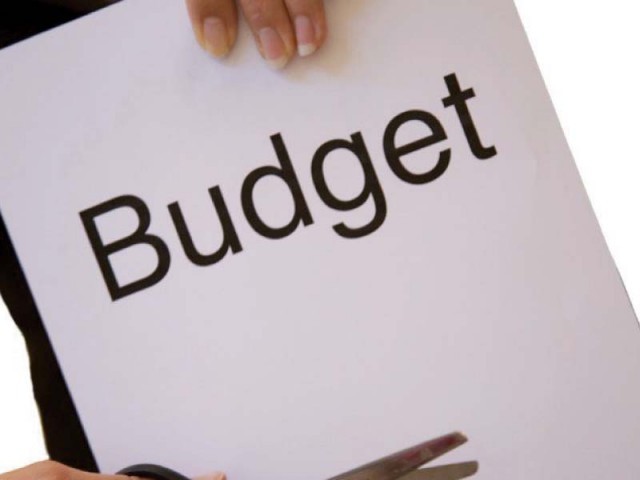Having a budget is among the first steps towards building audio money management abilities. A budget will certainly assist you track your expenditures and also identify the areas in which you can save. It can help you prepare to get out of debt, reach retired life as well as accomplish your financial desires. In order to effectively budget, you have to determine your reasons for wishing to alter your financial situation. Take a seat as well as make a note of your objectives. Whenever you are attracted to spend or avoid balancing your checkbook, look at your goals. They will motivate you to do what is needed in order to settle your financial debt and conserve for the future.
In order to create a real budget, you will need to track your expenses for at the very least 3 months. Simply get invoices for every little thing you acquire. Once a week approximately, take a while to tape your receipts into a notebook or spread sheet. Damage them down by classification. Complete out your budget by including every one of your month-to-month and yearly expenses. Once you have actually tracked and also identified your spending, you have the ability to review it and also see where you can minimize unnecessary investing. This will be very practical in discovering the money to settle financial debt as well as conserve. One of the most effective methods to locate cash for your financial savings is to lower your debt. By reducing your debt, you liberate a lot of money in your regular monthly budget and in your future.
A home budget is typically harder to stick with than it is to develop. Too often, individuals put in the time to produce a budget, after that submit it away where they never ever consider it once more. Below are a few ideas for making your budget work for your finances:
- Review it frequently. Like stabilizing your checkbook, the more you do it the far better it functions.
- Remember that it can and will certainly alter over time. Financial resources are not established in stone– they require modifying.
- When you aren’t meeting a spending objective, consider it as well as adjust it if needed. A lot of objectives are unrealistic. Start tiny and work your way up.

- Don’t utilize somebody else’s design template for your budget. Financial resources are one-of-a-kind to every household or person.
- Your spending demands aren’t like any individual else’s. Create your own budget based upon your spending and objectives.
- Keep your general monetary objectives before you. These objectives will certainly motivate you to stick to your economic strategies.
- Your budget is simply a plan– nothing even more.
If somehow, you diminish the budget wagon, don’t worry. Just pick yourself up, figure out why it happened and begin budgeting again. Most of us have our moments that throw our budget plans off. All you can do is adjust your budget and your reasoning. Remember your objectives. Think about that comfy as well as early retirement. Consider not needing to bother with discovering the cash for your son’s college education. Consider that holiday or new furnishings that you intend to conserve for. Find more awesome insights and check it out by clicking on the link.
Among the most effective securities for your budget is having 2 savings accounts. One is for emergencies as well as the various other is for yearly expenditures. Your emergency situation financial savings will protect against crashes, break downs and other unforeseen occasions from injuring your month-to-month budget. If you have a fund that will care for fixing the ac system or cover a gap in revenue as a result of disease, your budget can keep working. The majority of consultants recommend a minimum of 3 months of costs in your emergency savings.
Your annual expenditures savings account is where you maintain the money for your annual expenses. Just complete up every one of your once-a-year expenditures. Consist of birthday celebrations, holidays, insurance policy costs, taxes as well as other yearly prices. Separate the overall by twelve. Each month you will transfer this amount right into your savings. The idea is to not have to extend your budget to pay something you didn’t plan for.



